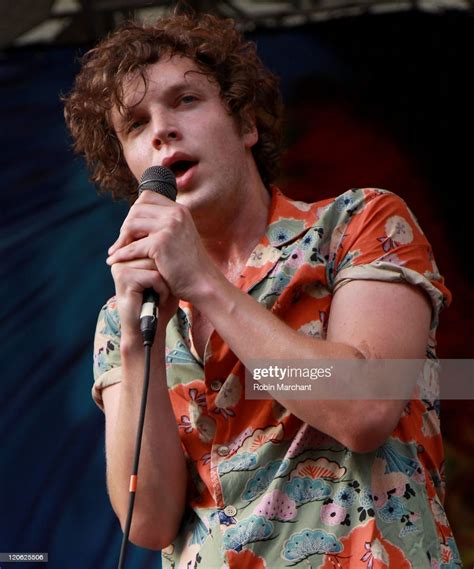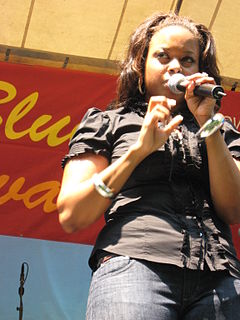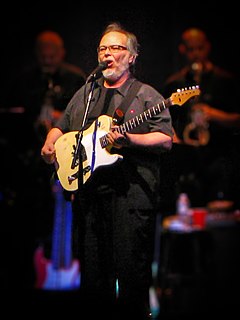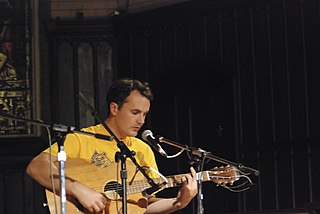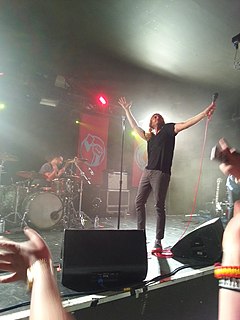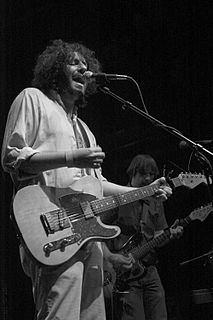A Quote by Chaz Bundick
I like to challenge myself, to see if I can actually write a pop album that people can connect with lyrically. Musically, it's very accessible - or, at least, I hope so.
Related Quotes
Saying you're a pop group isn't saying very much. Personally, when I think of pop, I think of instant, accessible, catchy songs - I definitely identify our music as that. I think that by writing pop, or instant, accessible or hopefully catchy music, it shoes you into bigger audiences because it seems that more people like that music. I think the possibilities are endless if you stick to a simplistic short song; the music can be as wild and bizarre as you want it to be, as long as at the core of it, there's something really strong.
I think when you write every song on your album - it's like having eleven or twelve children. It's hard to say I like this one song more or I like that one more. I love every song on the album. What's happening is that I'm hoping that everyone will be very satisfied. I think the single "Good Girl" will be adored by the people in the urban world and I think the "Best of Me" will be loved by people in the pop world.
I think 'pop' can be a bit of a dirty word. People are very cool in Australia. They don't like to admit that they like pop. There are people who listen to Triple J and cool stuff like that, but commercial radio is massive, and if you look at the sales of the pop songs every week, people love pop music.
I actually do see rock and roll as pop music. I think the distinction I was making was that I was going out of my way to have a very consistent approach to production, where nothing kind of punctures the reality - or, I guess, the fake reality - of the album and what you're listening to from beginning to end.
In an odd way I thought I was lowering the bar for myself, in saying, well, I'll make a pop album. But in a way it's kind of harder to make pop music. It's like the more abstract you get with music, you get into that emperor's new clothes thing, where you can go anywhere, and just claim that your audience may not be prepared to go with you. But with pop music, I think everybody understands the form, everybody knows what it's meant to do. So I would say it's harder to write that kind of music.
I think it's good for the fans, as well, because they get to connect with you directly. You know, in the old days, if I wanted to, like, write to (Steven) Spielberg or Sam Raimi or whatever, I'm not sure I could actually write a fan mail and (I'd) have no idea where to actually send it. Nowadays, you can just, like, follow Ashton (Kutcher who still has among the most followers on Twitter) or, like, friend someone, you know, on Facebook, and you can actually just say, "Hey, I like your stuff."




